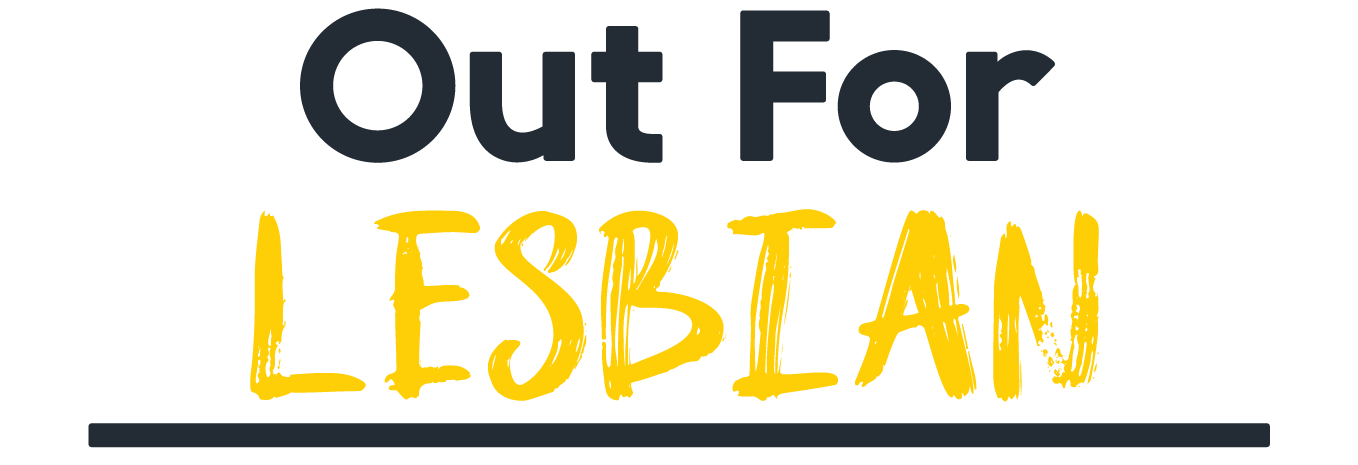5 Years of Marriage Equality: Lessons from a wedding photographer
Like most Australians, I turned on the TV at 10 AM on the 15th of November 2017. I was sitting alone in my living room, waiting with bated breath. Then, I heard the announcement: 61.6% of Australians voted in favour of Marriage Equality.
That was the moment that everything changed...
As a Queer person who spent most of my life being the Good Christian Boy, I lived in a world full of assumptions. People put me in a box and said, “here, this is who you are”. No one took the time to ask me who I wanted to be.
When I started my photography business in 2013, assumptions infiltrated my work.
"These are the poses that look good (I think)."
"This is how to tell a wedding story (or so I'm told)."
"This is what romance (should) feel like."
In 2017, I was a wedding photographer who had never been in love, and had never been given permission to love. In order to do my job, I had to make assumptions about what love was.
Ever since Marriage Equality was introduced in Australia, I stopped making assumptions. Now, I make a living from asking questions.
What makes you smile?
How do you see the world?
Who have you lost?
Who have you found?
Who do you love?
Why do you love them?
Why have you chosen to be with them?
In the past 5 years, with 40+ LGBTQ+ weddings* under my belt, I have been asking these questions on a near-daily basis. And in asking these questions, I have learned 4 valuable lessons that I wanted to share with you. No matter who you are or who you love, I believe these lessons hold true for everyone.
Lesson 1: Great wedding photography doesn't make assumptions (and neither should we)
There is no one way to photograph a wedding. Just as there is no one way to experience and express love. Every love story is unique, and my job is to document a story as honestly and authentically as possible without fear or favour. I should not bring anything but curiosity to the table.
Speaking of honesty...
Lesson 2: Honesty builds trust, and trust is the foundation of impactful storytelling.
Honesty is the cornerstone of any relationship, and that includes the one between photographer and client. When my clients trust me to see them for their authentic selves, they grant me access to some of the most special and intimate moments of their day, which leads to beautiful, preserved memories for decades to come.
Lesson 3: Sometimes inclusive language is not as inclusive as we think it is.
Don't get me wrong - the term "couple" is an excellent catch-all when describing two people in love. It is non-gendered and non-hierarchical. I LOVE the word "couple". However, when used as a crutch, it can be a missed opportunity to affirm and celebrate a couple's gender identities. For example, refusing to call a couple "Bride and Bride" (if they are indeed two brides) misses the point of celebrating how beautiful it is to witness two women getting married.
Furthermore, the word "couple" doesn't create space for people who experience romance and commitment outside the traditional and legal structure of an exclusive 2-person marriage.
Understanding these nuances in inclusive language helps us to engage more directly with the unique and individual relationships in front of us, rather than relying on sweeping, generalised language.
Lesson 4: what feels right is more important than what looks good.
On a wedding day, most people think the photographer's job is to take photos that look good. But memory is much more intrinsically linked to emotion than visual cues. When I heard the words "I now pronounce you husband and husband" for the first time at a wedding, I was a blubbering mess. The photos might have been blurry and out of focus as I wiped away the tears, but goddamn they captured the weight of the moment!
When you are reminded of how you felt, the memory is more impactful. That is why it's important to hone your skills of emotional awareness and give yourself permission to feel the full breadth of emotion in life. It is key to the human experience.
When we stop making assumptions and start asking questions, we can begin to understand each other on a deeper level. Whether in the wedding industry, or in everyday life, it's essential we learn to affirm and celebrate the unique love stories of the LGBTQIA+ community.
*The number is likely to be much higher counting for bisexual and pansexual individuals in straight-passing relationships.
Photo credit: Henry Paul Photography





